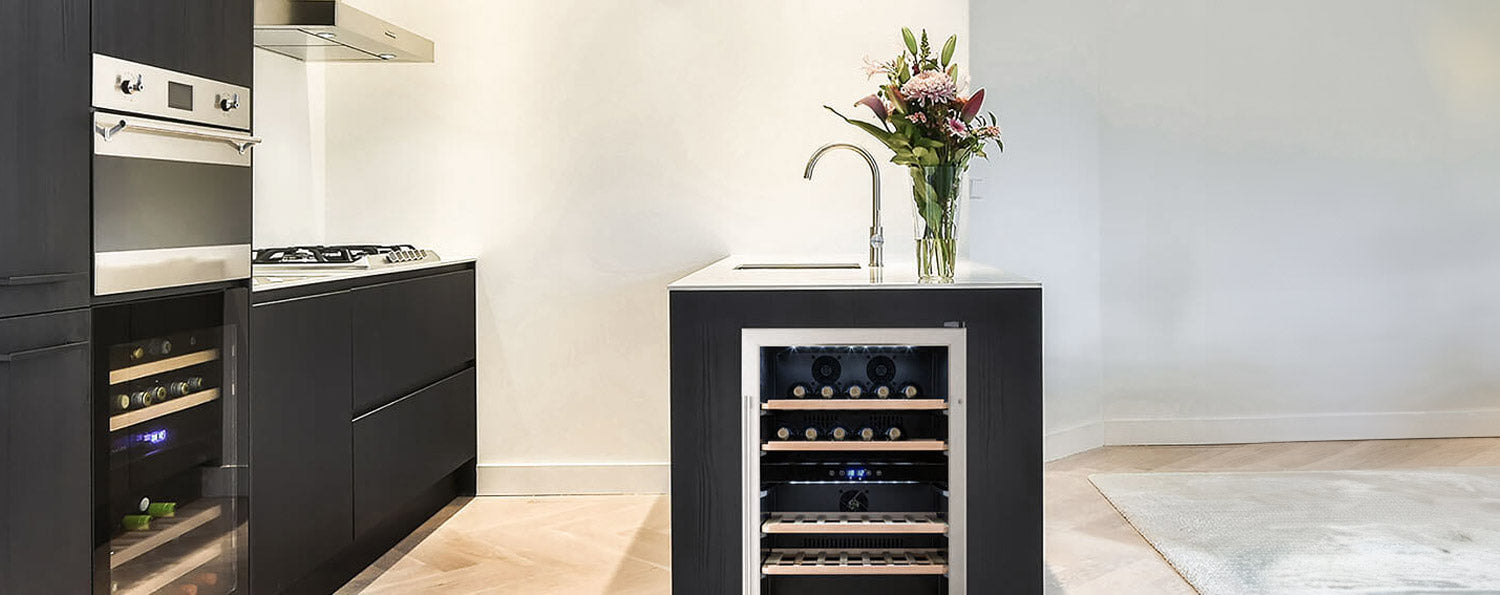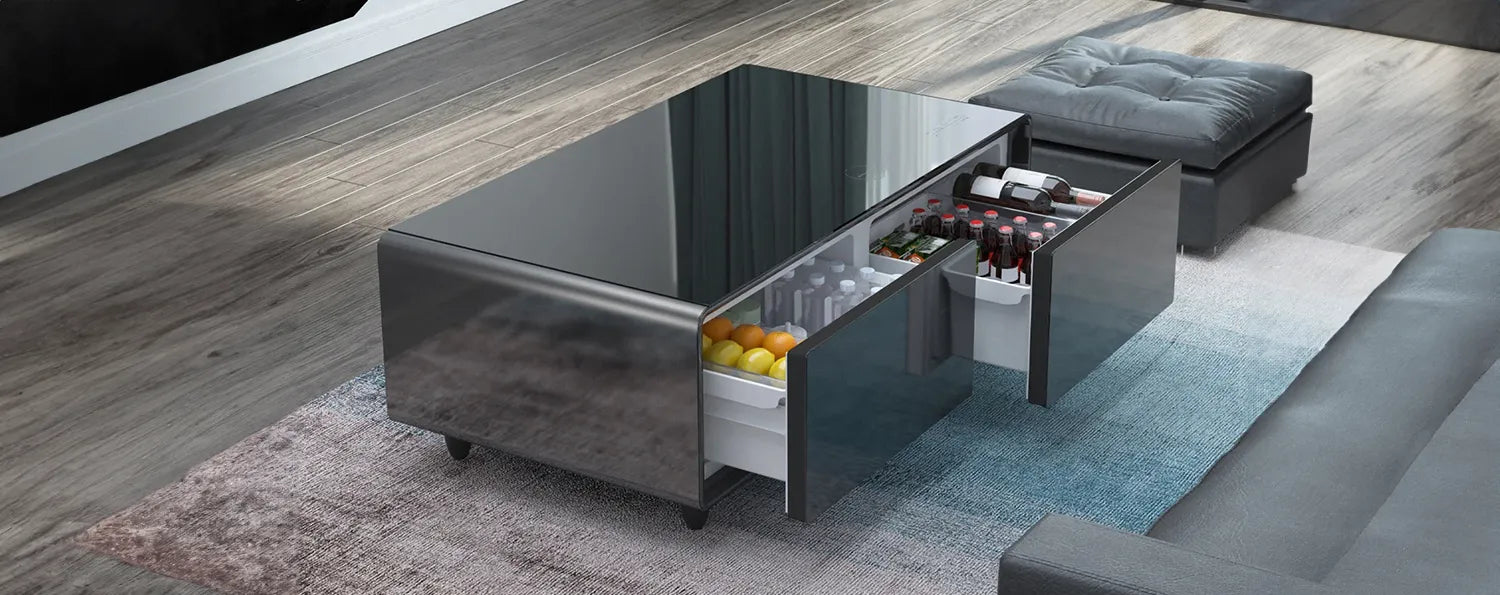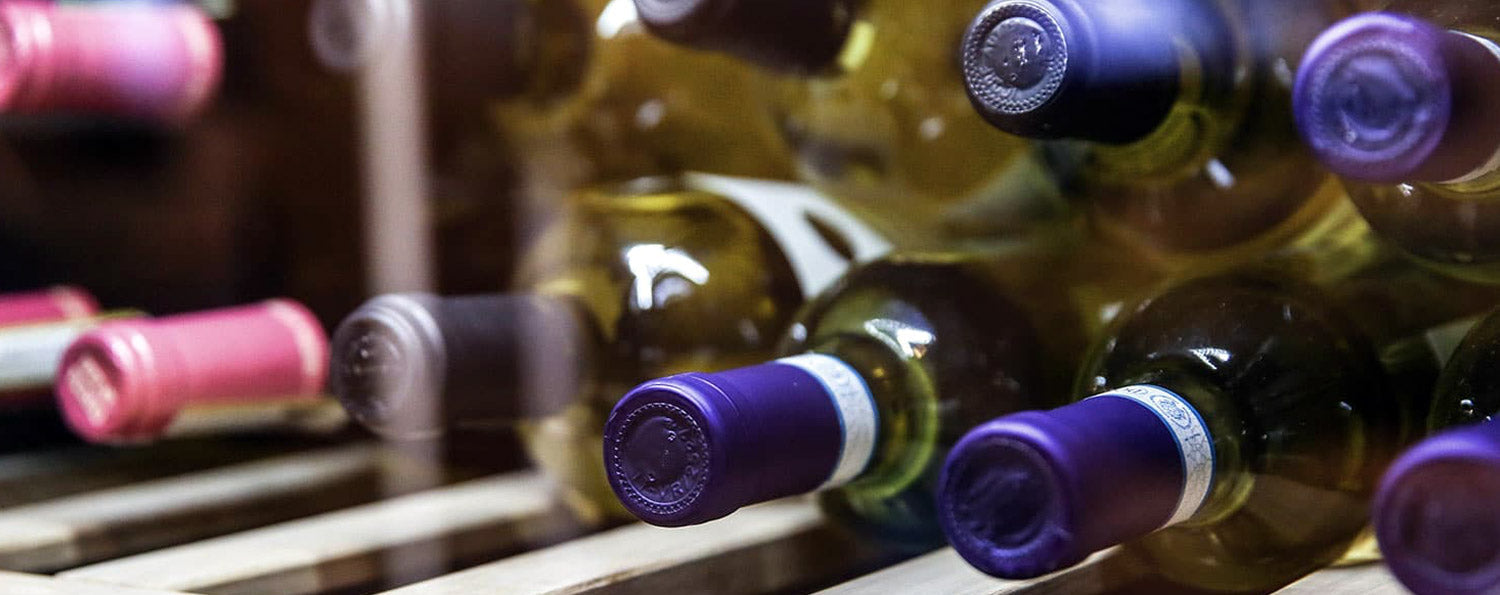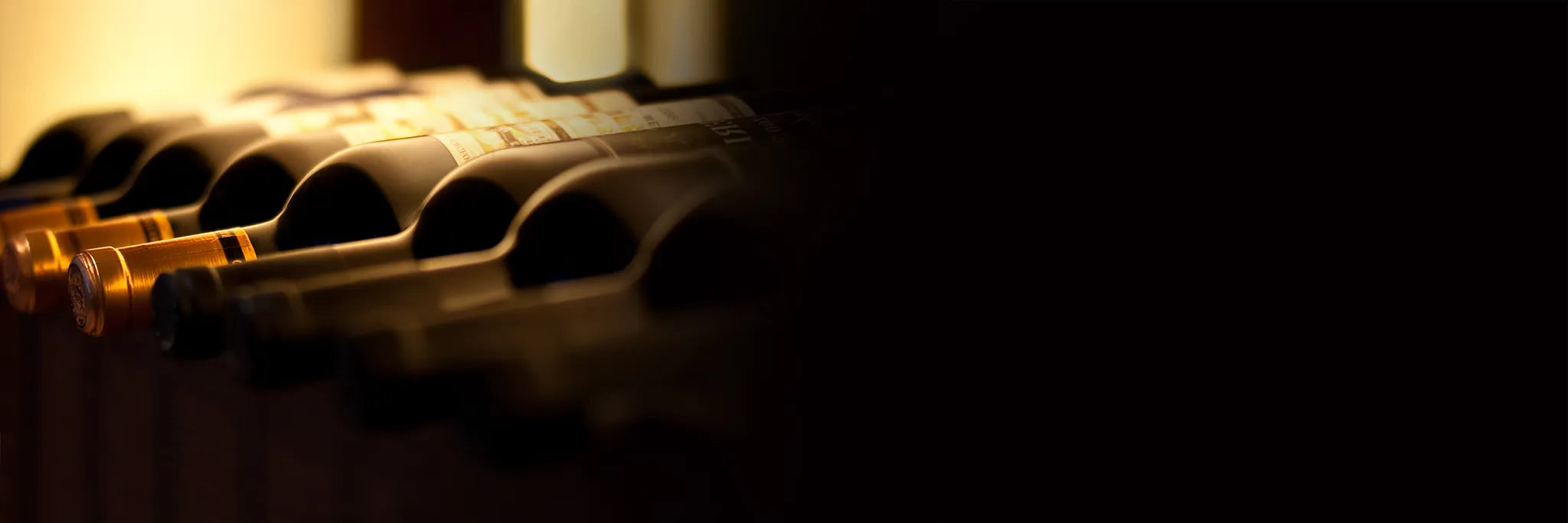Key differences between a conventional refrigerator and a wine cooler
When it comes to storing food and wine, it's important to understand that a traditional refrigerator and a wine fridge are designed for very different purposes. Both are essential in a modern home, but have unique features that make them suitable for their respective uses.
1. Temperature and control
- Conventional refrigerator: Designed to keep food fresh at low temperatures, typically between 0 and 4 degrees Celsius. This low temperature is ideal for slowing bacterial growth in food, but not suitable for wine.
- Wine cooler: On the other hand, it is designed to store wine at an optimal temperature, which is between 12 and 18 degrees for red wines and between 8 and 12 degrees for white and sparkling wines. This higher temperature helps to preserve and develop the aromas and flavors of the wine.
2. Humidity
- Conventional refrigerator: Provides a low humidity environment, which is beneficial for many types of food, but can dry out wine bottle corks. A dry cork can shrink and allow air into the bottle, damaging the wine.
- Wine cooler: Maintains a controlled humidity level, usually around 70%, which is ideal for preserving the integrity of the corks and therefore the quality of the wine.
3. Light and vibration
- Conventional refrigerator: Not designed to protect against light or minimize vibration. Constant exposure to light, especially fluorescent light, can negatively affect the quality of the wine.
- Wine cooler: Often has UV-filtering doors and is designed to minimize vibrations. These factors are crucial to preserving the properties of the wine over time.
4. Storage and design
- Conventional refrigerator: Designed for efficient storage of a variety of foods and beverages with adjustable shelves and specific compartments.
- Wine cooler: Features shelves specifically designed for wine bottles that allow them to be stored horizontally to keep the corks moist and ensure proper aging of the wine.
In summary, a traditional refrigerator is ideal for keeping food fresh, but not suitable for long-term wine storage. A wine cooler, with its temperature and humidity control, protection from light and vibration, and shelf-specific design for wine, is essential for any wine lover who cares about the proper storage and aging of their wines. Therefore, investing in a wine cooler is a smart decision for those who want to enjoy their wine in the best possible conditions.




